- Home
- slideshows
- miscellaneous
- 7 dangerous foods that could raise your risk of developing cancer
7 dangerous foods that could raise your risk of developing cancer
Eating more processed food can up your cancer risk.

Red meat has a protein that can damage our intestines, making it easier to get colon cancer.
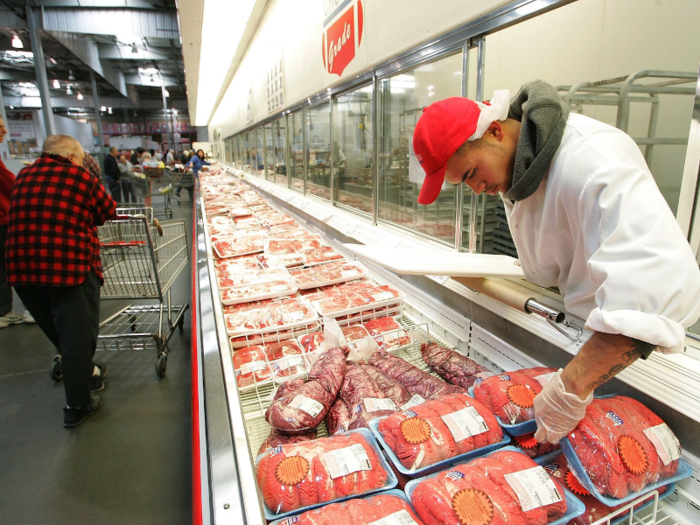
Red meat isn't officially listed as a cancer-causer, but it's got a compound called "haem" or heme protein, which is what makes it red. Unfortunately, haem can also damage our intestinal lining.
Processed meats like sausage, bacon, and hot dogs can up a person's cancer risk, especially if they're eaten on a regular basis.
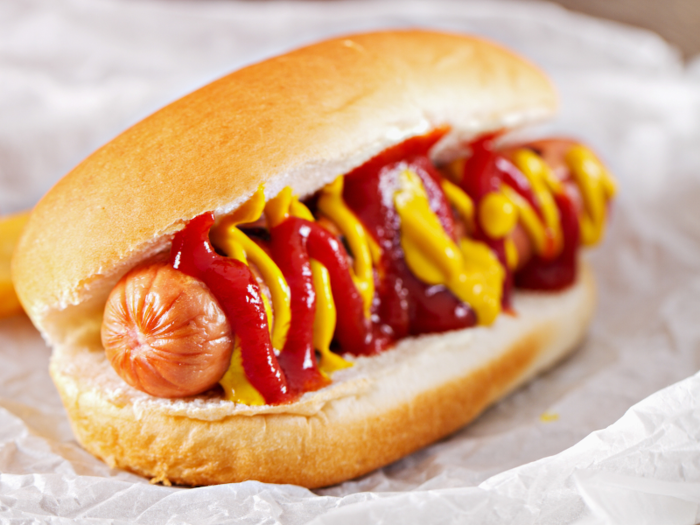
Eating large quantities of meat that has been salted, cured, or smoked, — like ham, sausage, bacon, and hot dogs — can cause stomach and bowel cancers. That is largely because processed meats are treated with nitrates: chemical additions that help keep the color of the meat pink and the flavor tasty and salty. The same can even be true of so-called "nitrate free" varieties of processed meat.
Any foods kept in plastic, especially plastic that's been microwaved or run through the dishwasher, can be contaminated with cancer-causing chemicals.
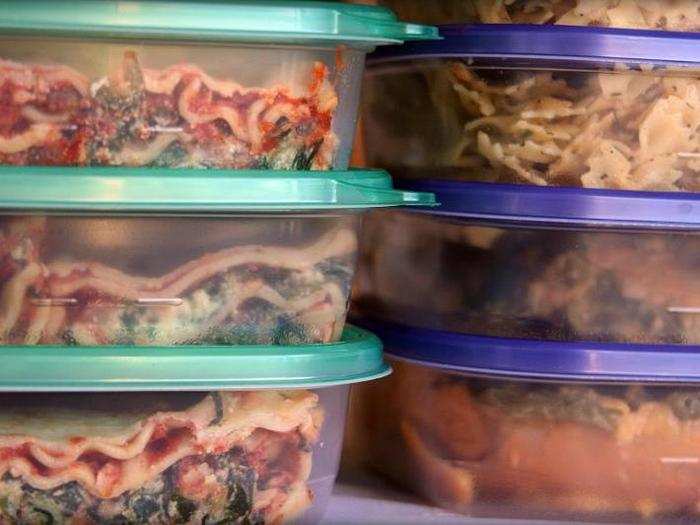
Phthalates are chemicals that make plastics more flexible and durable, but some are endocrine disruptors that mess with the way our hormones work and can cause cancer.
Pediatrician and public-health researcher Leo Trasande suggests using glass and stainless steel as much as possible in the kitchen instead of plastic, which can degrade over time and leach chemicals into our food.
Sugar contributes to weight gain, which is a big risk factor for cancer.
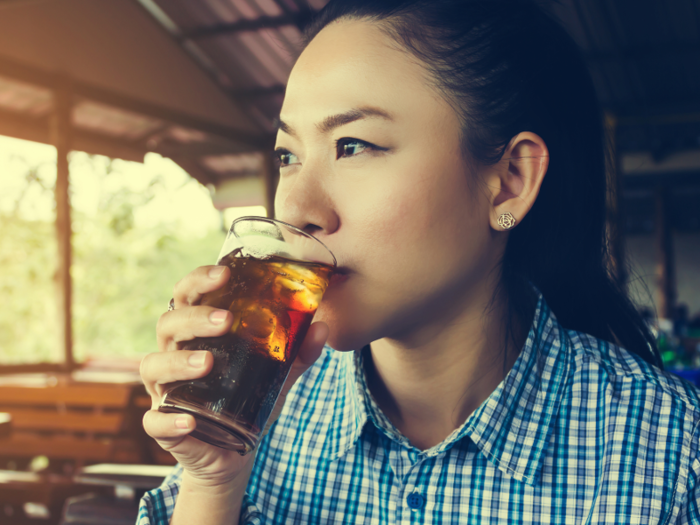
Consuming too many sweet drinks and sugary snacks doesn't just up your odds of developing diabetes, it can also mess with the way our intestinal cells work, making cancer more likely.
The risks of eating too much sugar don't end when cancer begins — recent research has suggested that sugar can fuel tumor growth in people who already have cancer.
Blackening your food by grilling or charring it can contribute to cancer, too.
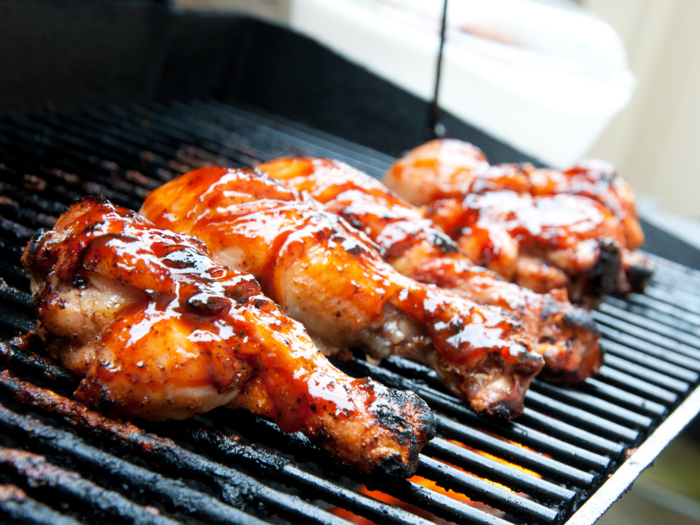
When meats like chicken, pork, beef, or fish are cooked or fried at high temperatures, they form compounds called heterocyclic amines, (HCAs), as well as polycyclic aromatic hydrocarbons (PAHs). These compounds can prompt DNA changes that may increase our cancer risk.
One study suggests that marinating meats first may help: Research from Kansas State University found that marinating meats in spices like rosemary, thyme, oregano, and sage can cut down HCAs in a piece of meat by 87%.
The more alcohol you drink, the greater your risk of developing cancers of the throat, liver, breast and colon.

Moderation is key: "The more you drink, the higher your risk," as the National Institutes of Health explains it.
A recent study of alcohol consumers in 195 countries and territories around the world found that more than one in four alcohol-related deaths in people over age 50 are due to cancer.
Fortunately, you can do a lot to curb your risk of developing cancer by eating a healthy diet rich in nutrients from fruits, vegetables, whole grains, and legumes.
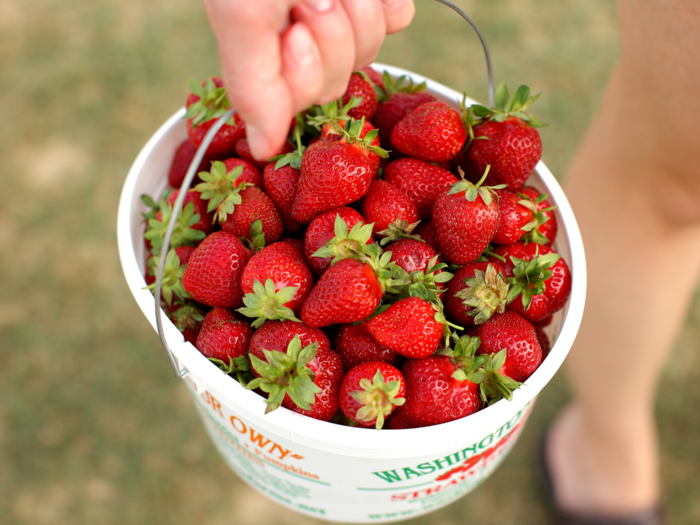
In addition to helping you stay full and well nourished, fibrous foods — including whole grains, beans, peas, and seeds — can reduce your risk of developing colon cancer and keep things running smoothly in your digestive system.
Colorful vegetables and fruits like celery, kale, carrots and tomatoes contain beneficial phytochemicals; that's what gives them bright colors, odors, and flavors. These phytochemicals reduce inflammation and act like ingestible body guards, keeping the things we eat, drink, and breathe from becoming carcinogens. Phytochemicals can also help prevent DNA damage and repair it.
And a daily cup of coffee or green tea can also do a body good.
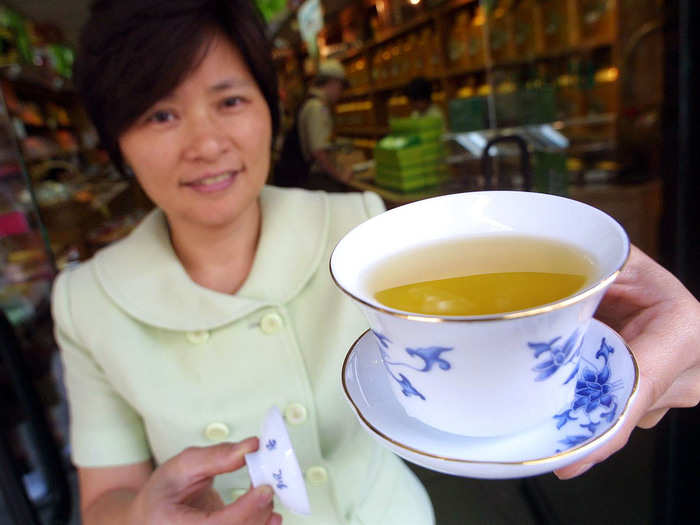
Scientists have found that drinking coffee may lower your risk of developing certain kinds of cancer, including endometrial (uterus), prostate, liver, mouth, throat, and breast.
If you're more of a tea person, some compelling evidence suggests the green kind, which is rich in plant chemical compounds (polyphenols), might interfere with the way cancer cells like to ruthlessly divide and multiply, thereby slowing down blood-vessel formation around tumors.
Cheers to that.
Popular Right Now
Popular Keywords
Advertisement